No products in the cart.
Return To ShopDesi Foods Like Amla, Ginger & Fenugreek for Reversing Fatty Liver
Fatty liver disease has become a silent health issue in South Asia, with diets high in refined carbs, sugar, and processed oils contributing to its rise. In Pakistan, sedentary lifestyles and fast-food culture only add to the problem. While modern medicine continues to search for targeted treatments, desi foods long used in traditional remedies like amla (Indian gooseberry), ginger, and fenugreek (methi) are being rediscovered for their liver-protective effects. Backed by both cultural wisdom and modern science, these foods offer natural support for reversing fatty liver.
Understanding Fatty Liver and Why It Matters
Fatty liver occurs when excess fat builds up in liver cells. In its early stages, it may not cause symptoms, but over time it can progress to inflammation, fibrosis, or even cirrhosis. Non-alcoholic fatty liver disease (NAFLD) is now one of the most common conditions in Pakistan, often linked with obesity, diabetes, and poor dietary patterns. Natural interventions, including lifestyle adjustments and desi foods, can play a crucial role in preventing and reversing this condition.
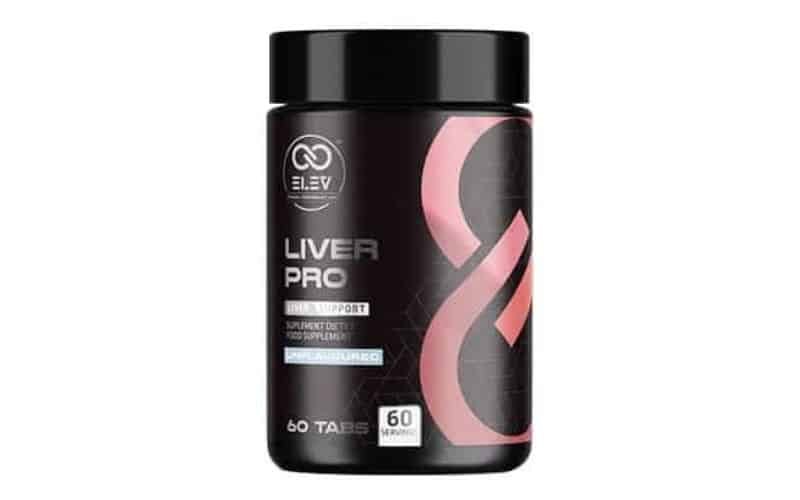
Amla (Indian Gooseberry) and Liver Health
Amla has been a staple of Ayurvedic medicine for centuries, celebrated for its antioxidant power and high vitamin C content. Modern research now confirms its role in protecting the liver from oxidative stress and fat buildup.
How amla supports liver health:
- Neutralizes free radicals through its antioxidant compounds.
- Lowers cholesterol and triglyceride levels in the blood.
- Improves detoxification by balancing liver enzyme activity.
Adding fresh amla juice, powders, or pickled amla into daily routines can make liver-friendly nutrition both accessible and culturally familiar.
Ginger and Its Anti-Inflammatory Power
Ginger, a common spice in desi households, does more than add flavor to curries and teas. It contains bioactive compounds like gingerol and shogaol that fight inflammation and improve digestion.
Liver benefits of ginger include:
- Reducing inflammatory pathways that worsen fatty liver disease.
- Enhancing insulin sensitivity to lower fat storage in the liver.
- Supporting bile secretion for improved digestion and detoxification.
Regular use of ginger in meals or herbal teas provides a practical and enjoyable way to reduce liver stress while strengthening overall metabolic health.
Fenugreek (Methi) Seeds for Fat Metabolism
Fenugreek seeds are widely used in desi kitchens and are rich in soluble fiber and saponins, both beneficial for liver function. Studies show that fenugreek helps regulate lipid metabolism and reduce fat accumulation in liver cells.
How fenugreek helps reverse fatty liver:
- Improves lipid breakdown and reduces triglyceride buildup.
- Enhances insulin function, lowering fatty liver progression.
- Promotes bile acid production, aiding digestion of dietary fat.
Consuming soaked methi seeds in the morning or adding them to curries can provide consistent support for metabolic health.
How These Desi Foods Work Together
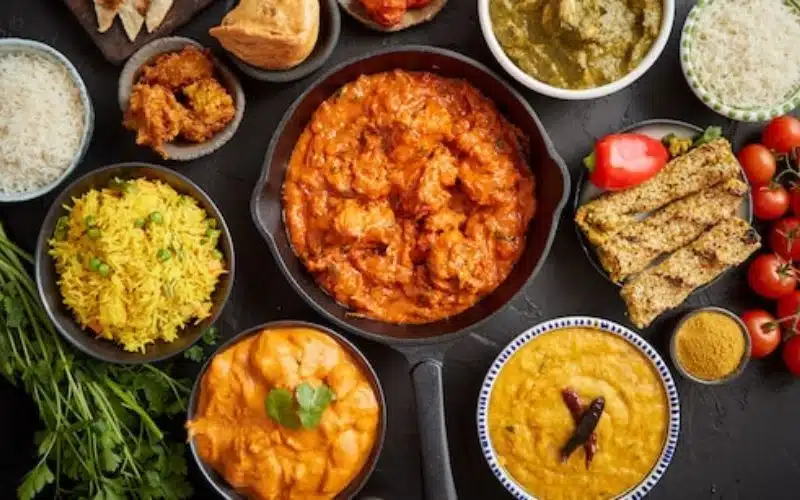
While each food has unique benefits, their synergy creates a holistic liver-friendly approach. Amla acts as a powerful antioxidant, ginger reduces inflammation, and fenugreek regulates fat metabolism. Together, they target the three major drivers of fatty liver disease.
Combined benefits of amla, ginger, and fenugreek:
- Lower fat storage in the liver.
- Reduce chronic inflammation.
- Improve detoxification and bile flow.
- Support better digestion and overall energy balance.
Modern Science Meets Traditional Foods
What once existed as folk wisdom is now supported by clinical evidence. Studies confirm that antioxidants, anti-inflammatory compounds, and lipid-regulating nutrients from these foods can reduce fatty liver markers. However, food alone may not always be enough. Combining desi foods with evidence-backed supplements like omega-3 fatty acids can provide additional triglyceride-lowering and anti-inflammatory support.
For those engaging in regular workouts, balancing liver health with exercise recovery is also essential. Products like glutamine or electrolyte hydration tablets help maintain overall metabolic balance alongside dietary changes.
Lifestyle Integration with Desi Foods

The real challenge is making these remedies part of everyday life. Practical approaches include:
- Drinking amla juice or adding amla powder to smoothies.
- Using ginger in curries, soups, or tea for daily anti-inflammatory benefits.
- Consuming soaked fenugreek seeds on an empty stomach or mixing them into salads.
These foods work best when paired with regular exercise, calorie moderation, and mindful fat intake. For individuals struggling with stubborn fat, liver-friendly fat metabolism can also be supported with fat burners. Beginners can set realistic expectations by reading about what to expect in the first 30 days of using fat burners alongside dietary strategies.
Safety, Authenticity & Local Relevance
While amla, ginger, and fenugreek are safe when consumed as part of daily food, caution is required with concentrated powders or capsules that may be sold without regulation. In Pakistan, halal compliance and authenticity remain key. SportsOne ensures halal-certified distribution, providing products that meet both safety and dietary standards.
To further protect consumers, awareness around counterfeit products is vital. The guide on how to identify fake imported supplements provides useful tips for ensuring supplement safety.
Where to Find Trusted Support
Alongside desi foods, many Pakistanis choose to complement their nutrition with safe, authentic supplements. Reliable access is available through SportsOne outlets, including the Lahore store, Karachi branch, and Islamabad store.
Conclusion
Desi foods like amla, ginger, and fenugreek are more than traditional kitchen staples they are scientifically supported allies in reversing fatty liver disease. By lowering fat buildup, calming inflammation, and supporting detoxification, these foods provide a natural foundation for liver health. When combined with lifestyle changes, hydration, and authentic halal-certified supplements, they offer Pakistanis a safe, effective, and culturally familiar path to reversing fatty liver and protecting long-term health.
Discover how Desi foods like Amla, Ginger & Fenugreek can naturally support liver health and help reverse fatty liver.

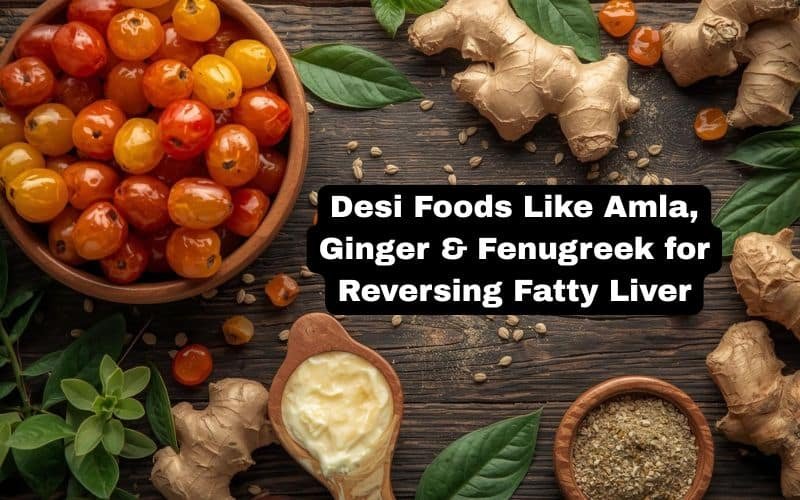
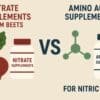





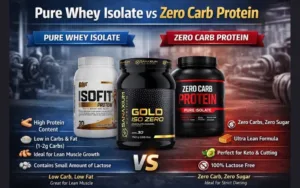
Add comment